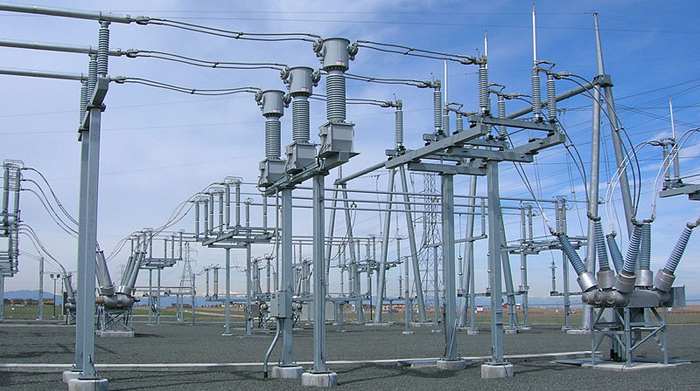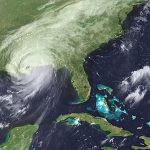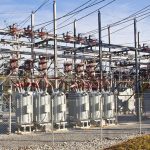Colorado Electric Utilities Preparing for the Worst

Image courtesy of Greg Goebel under Creative Commons Attribution-ShareAlike 2.0 Generic License, resized to 700 x 391 pixels.
The Colorado electric utilities are gearing up for what is expected to be a hotter- and dryer-than-normal summer, one that will likely increase the challenge of keeping the proverbial lights on.
NOAA forecasts an up to 70% probability that air temperatures in Colorado and surrounding regions will be higher than average during the summer of 2022. It also predicts a 40% probability of below-normal precipitation for an already drought-stricken region, putting a bow on the double-whammy.
The net effect could be increased stress on electrical equipment, reduced hydropower availability, and an increase in damaging forest fires, among other things. As such, the Colorado Public Utilities Commission (PUC) has been reaching out to the utilities throughout the state to gauge their readiness.
What are Colorado Electric Utilities Doing to Prepare?
Xcel Energy is the state’s largest electric utility. According to company spokesperson Hollie Velasquez Horvath, one of the main threats to reliability this summer is constrained hydropower capacity. While the company only utilizes hydropower for a small percentage of its overall power mix, it does sometimes rely on hydro for backup power during peak times. This year, hydropower is not something that can be relied upon.
Xcel has also spent considerable resources to make its wildfire mitigation plan as robust as possible. Components of the plan include proactive equipment inspections in high-risk areas, increased tree trimming and vegetation management, and fire-hardening tactics on lines and poles.
Another tactic that Xcel will utilize is the development and execution of a robust communication plan focused on asking customers to conserve energy during times of extreme capacity tightening. Planned outages, something that is increasingly common in California, is only used by the company as a last resort.
Another electric utility in the state, Black Hills Energy, said that it has increased the time and effort it spends monitoring the weather, and the company has also committed to having “contingency plans in place to minimize any forced outages.” For the PUC’s part, it has a longer-term view and as such decision-makers are keen to invest millions of dollars into the grid to help counter the impact of climate change.
There is no doubt that the Colorado electric utilities, as well as a plethora of other electric utilities across the country, will have their work cut out for them maximizing reliability and uptime during the dog days of summer 2022.



